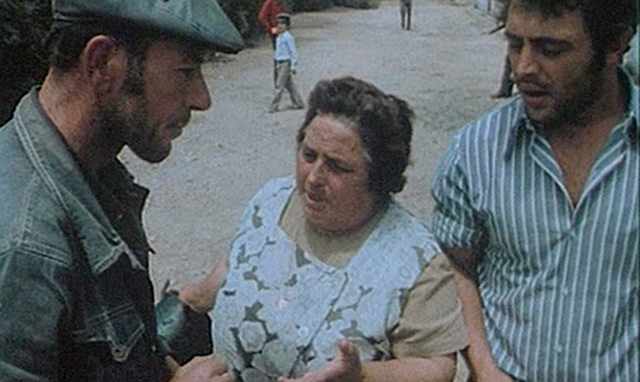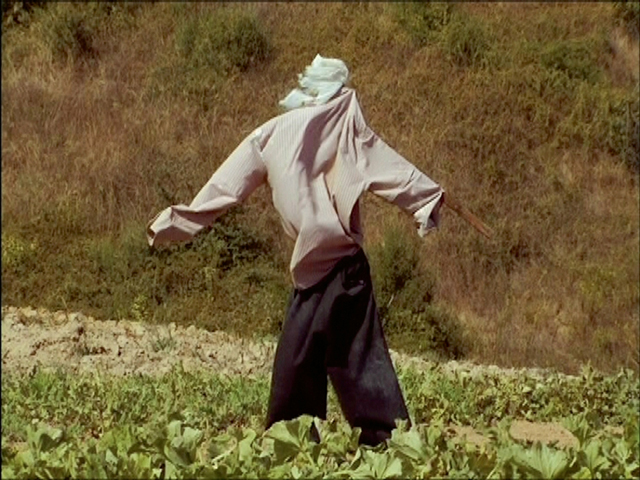Reverberance 2
“My works don’t tell political stories. They rather document a political alertness, a clairaudience for certain constellations. My films, each for themselves, are generally useless for the purpose of a position or theory.” (Thomas Harlan)
“I am the son of my parents. That is a disaster. It has determined me”, declares author, dramaturge and filmmaker Thomas Harlan (1929-2010) in the interview book ‘Hitler war meine Mitgift’. Harlan, who grew up in Nazi-Germany, once shared a table with Adolf Hitler, accompanied by both of his parents, actress Hilde Körber and filmmaker Veit Harlan, the director of the infamous anti-Semitic propaganda film Jud Süß. It is a heritage that he could never get rid of and the appalled son would take upon himself the sins of his repentless father. His whole life Harlan would strive for truth as the only possible justice: he spent years in the Polish archives, looking for proofs of German war crimes; in Rome he joined the radical leftist group “La Lotta Continua” and travelled to wherever the spirit of revolt and revolution emerged. In 1975 Harlan was in Portugal where, in the aftermath of the Carnation Revolution, various movements of resistance and initiatives of land occupation were developing. That is where he shot his first film, a documentary about the occupation of the Torre Bela estate, which according to critic Serge Daney represents a condensation of “all the key ideas – materialised, embodied – of political and theoretical leftism from the past decade”. More than 35 years later another filmmaker, José Filipe Costa, revisits in Linha Vermelha the production process of the much discussed film, which Harlan himself once described as in “complete opposition to what documentary should be”: a seemingly pure “observational” cinematographic document that has become over time a controversial historical object.

